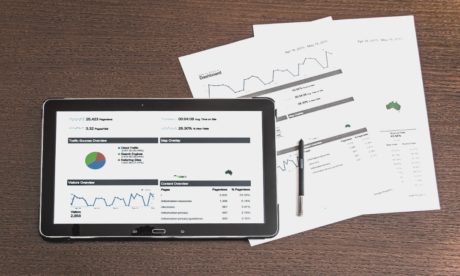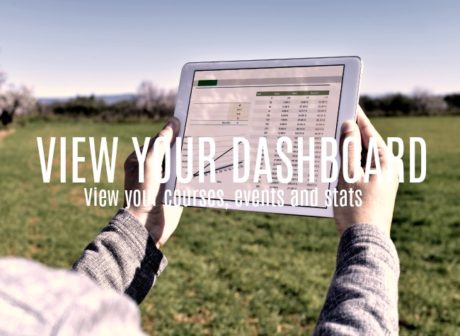- Not getting enough physical activity.
- Smoking or using illegal drugs such as cocaine, “bath salts,” and methamphetamine.
- Not getting enough good-quality sleep.
Medicines
Some prescription and over-the-counter medicines can make it more difficult for your body to control your blood pressure. Medicines that can raise your blood pressure include antidepressants, decongestants (medicines to relieve a stuffy nose), hormonal birth control pills, and non-steroidal anti-inflammatory drugs (NSAIDs) such as aspirin or ibuprofen.
Other medical conditions
Other medical conditions change the way your body controls fluids, sodium, and hormones in your blood. Other medical causes of high blood pressure include:
Race or ethnicity
High blood pressure is more common in African American and Hispanic adults than in white or Asian adultspared with other racial or ethnic groups, African Americans tend to have higher average blood pressure numbers and get high blood pressure earlier in life. Experiencing discrimination has been tied to high blood pressure. In addition, some high blood pressure medicines ericans.
During pregnancy, African American women are more likely than white women to develop preeclampsia. Preeclampsia is a pregnancy disorder that causes sudden high blood pressure and problems with the kidneys and liver.
Men are more likely than women to develop high blood pressure throughout middle age. But in older adults, women are more likely than men to develop high blood pressure.
Social and economic factors
Recent research has shown that factors such as income, your education, where you live, and the type of job you have may contribute to your risk of developing high blood pressure. For example, working early or late shifts can raise your risk.
Experiencing danger or harm as a child has also been tied to a higher risk of developing high blood pressure.
Screening and Prevention – High Blood Pressure
Everyone age 3 or older should have their blood pressure checked by a healthcare provider at least once a year. Your doctor will use a blood pressure test to see whether you have consistently high blood pressure readings. Your doctor will talk to you  about heart-healthy lifestyle changes to help prevent or manage your blood pressure.
about heart-healthy lifestyle changes to help prevent or manage your blood pressure.
Get your blood pressure checked regularly and understand what your numbers mean to better manage your heart disease risk. Watch the video to learn more.
Your doctor will use a blood pressure test to see if you have higher-than-normal blood pressure readings. The reading is made up of two numbers, with the systolic number above the diastolic number. These numbers are measures of pressure in mm Hg. To learn more about systolic and diastolic pressure, visit How the Heart Works.
A blood pressure test is easy and painless and can be done in a doctor’s office or clinic. A healthcare provider will use a gauge, stethoscope, or electronic sensor and a blood pressure cuff to measure your blood pressure. To prepare, take the following steps:
- Do not exercise, drink coffee, or smoke cigarettes for 30 minutes before the test.
- Go to the bathroom before the test.
- For at least 5 minutes before the test, sit in a chair and relax.
- Make sure your feet are flat on the floor.
- Do not talk while you are relaxing or during the test.
- Uncover your arm for the cuff.
- Rest your arm on a table so it is supported and at the level of your heart.
If it is the first time your provider has measured your blood pressure, you may have readings taken on both arms.
You can also take your blood pressure at home or at a pharmacy. Visit Measure Your Blood Pressure for more information.








0 responses on "How to prepare for a blood pressure test"